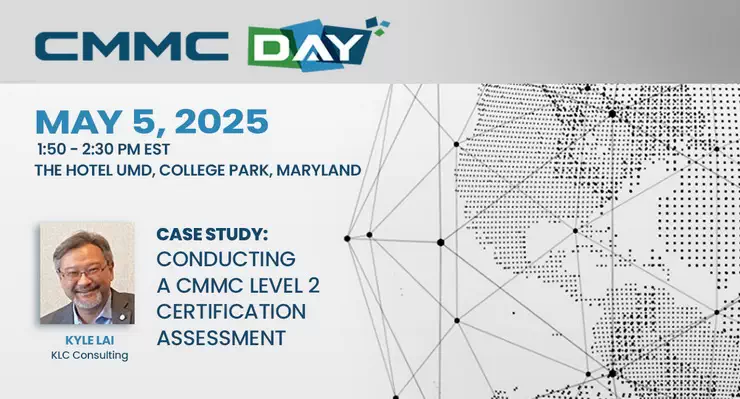
Achieving CMMC compliance is no small feat, really—there should be trophies. With 320 assessment objectives at level 2, spanning various domains from access control to incident response, organizations can quickly feel overwhelmed by the complexity and depth of the requirements.
While the framework provides a structured approach to enhancing cybersecurity within the Defense Industrial Base (DIB), navigating the intricate web of policies, procedures, and supporting artifacts can be daunting even for seasoned cybersecurity professionals.
Understanding the Complexity of CMMC Compliance
What you need help with but don’t know it. This is where compliance consulting services can prove invaluable. Experienced consultants not only bring expertise in interpreting the CMMC requirements but also offer guidance and support in developing the necessary documentation and evidence to demonstrate compliance.
Creating Security Policies and Procedures
One of the primary areas where organizations often seek assistance is the creation of security policies and procedures. These documents form the backbone of a robust cybersecurity program and are essential for meeting the CMMC assessment objectives.
Establishing High-Level Security Policies
Security policies establish the overarching guidelines and principles that govern an organization’s approach to protecting sensitive information. They define the high-level expectations and standards for areas such as access control, risk management, and incident response.
Crafting Detailed Implementation Procedures
Complementing these policies are detailed procedures that outline the specific steps employees must follow to implement the security controls effectively. From password management to data handling, these granular procedures ensure consistency and adherence to best practices across the organization.
Collecting and Organizing Supporting Artifacts
Beyond policies and procedures, organizations must also provide supporting artifacts and evidence to demonstrate the effective implementation of security controls. This can include screenshots, system configurations, audit logs, and other documentation that validates the organization’s compliance with each of the 320 assessment objectives.
Types of Supporting Artifacts Needed
Gathering and organizing this evidence can be a monumental task, especially for organizations with complex IT infrastructures and numerous systems. Compliance consultants can streamline this process by providing guidance on the specific artifacts required, assisting with evidence collection, and ensuring that the documentation is appropriately structured and presented for assessment.
The Benefits of Investing in Compliance Consulting
By partnering with experienced compliance consultants, organizations can navigate the intricate landscape of CMMC requirements with confidence. These experts can help organizations develop robust policies, detailed procedures, and comprehensive supporting artifacts, ensuring they have a solid foundation for achieving and maintaining CMMC compliance.
Saving Time and Resources
Ultimately, investing in compliance consulting services can save organizations significant time and resources while mitigating the risks associated with non-compliance. With the guidance of experienced professionals, organizations can focus on strengthening their cybersecurity posture and protecting sensitive information, rather than getting bogged down in the complexities of the 320 assessment objectives.
Mitigating Risks of Non-Compliance
Ultimately, investing in compliance consulting services can save organizations significant time and resources while mitigating the risks associated with non-compliance. With the guidance of experienced professionals, organizations can focus on strengthening their cybersecurity posture and protecting sensitive information, rather than getting bogged down in the complexities of the 320 assessment objectives.
Let’s start a conversation and get you moving forward on your CMMC compliance
"*" indicates required fields

